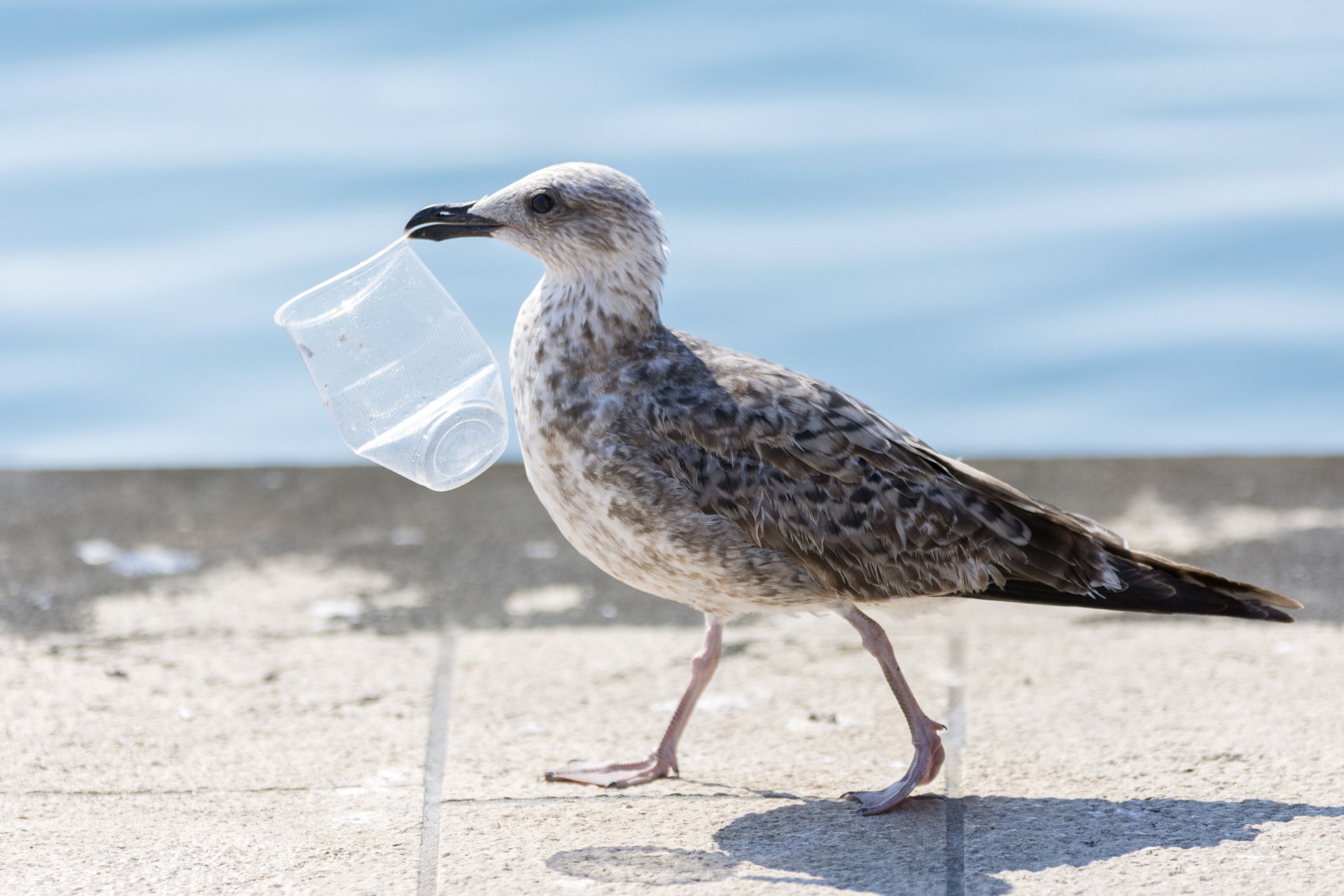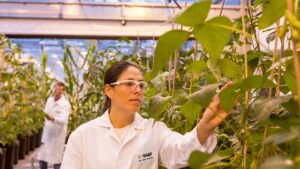Finding new solutions for packaging materials that are biodegradable and sustainable is all the rage these days, not only in the food industry but the entire consumer products space, as the plastic crisis becomes ever more acute. Last month, we reported on 25 startups sustainable packaging tech solutions, including TIPA, an Israeli startup offering compostable packaging.
Today TIPA announced the close of a $25 million venture round with Blue Horizon Ventures, Triodos Organic Growth Fund and existing investors Chestnut and GreenSoil Investments.
“TIPA’s growth is indicative of the market need for sustainable packaging solutions. Leveraging its experienced and passionate team, proven technology, and steady focus on the global food and fashion industries, we’re confident that TIPA [will become] a global category leader,” said Michael Kleindl, co-founder and managing partner of Blue Horizon Ventures in the release announcing the funding.
TIPA designed its packaging solutions to break down within a few months, unlike plastic products that remain in landfills indefinitely. Its products are currently on offer in Europe, Australia, and the US. TIPA manufactures with three suppliers and manufactures packaging materials with 15 different converters.
“We raised the money for growth. We plan to build a few markets in Europe and in the US, put our teams on the ground, and grow the company through sales and customer base while continuing with our next generation of development,” Daphna Nissenbaum, CEO and co-founder of TIPA, told AFN. “TIPA brings the same quality as plastic but with compostable materials that compost and biodegrade quickly.”
The startup is targeting both packaging material makers and retailers. Nissenbaum purposefully chose to split its market focus in lieu of focusing on one market strategy at a time.
“In order to make a massive change, we have to be very easy to adopt by the whole market. That means the suppliers, the brands, the food manufacturers, the waste management companies, and the government,” she explained. “We bring a new solution that is very easy to adopt and this will allow us to be everywhere.”
Demand drivers
As fellow packaging startup CEO Tony Bova told AFN last month, disruption may not be the answer to remediating the world’s plastic dependence. In lieu of creating an entirely new system, slipping new, sustainable materials into the existing supply chain –such as at the manufacturer level or the retailer level — could yield quicker results with more staying power.
“In the packaging space, we are definitely a leader. We provide unique materials and solutions,” said Nissenbaum. “We face competition in the premium or direct packaging space. And we are not a player in the shopping bags, waste bags, cups, and plates space.”
Legislative pressure is also driving growing demand for packaging alternatives. Earlier this year, the European parliament voted to ban single-use plastic items including cutlery, cotton buds, straws, and stirrers in a new law aimed at reducing plastic pollution and waste. European also bans polystyrene cups. Member states will have to swap out plastic bottle materials for 90% recycled content by 2029.
In the US, retailers are waging their own war on plastic packaging despite patchy legislative efforts to prohibit its use; Trader Joe’s, Kroger and Walmart have each announced new commitments to cut plastic packaging. California and Hawaii are currently the only two states that have passed statewide plastic bag bans, but a number of cities have adopted to eschew plastic bags that reportedly have a useful lifespan of only 12 minutes before spending a near eternity in a landfill.
Find out about 24 more packaging tech startups here.





